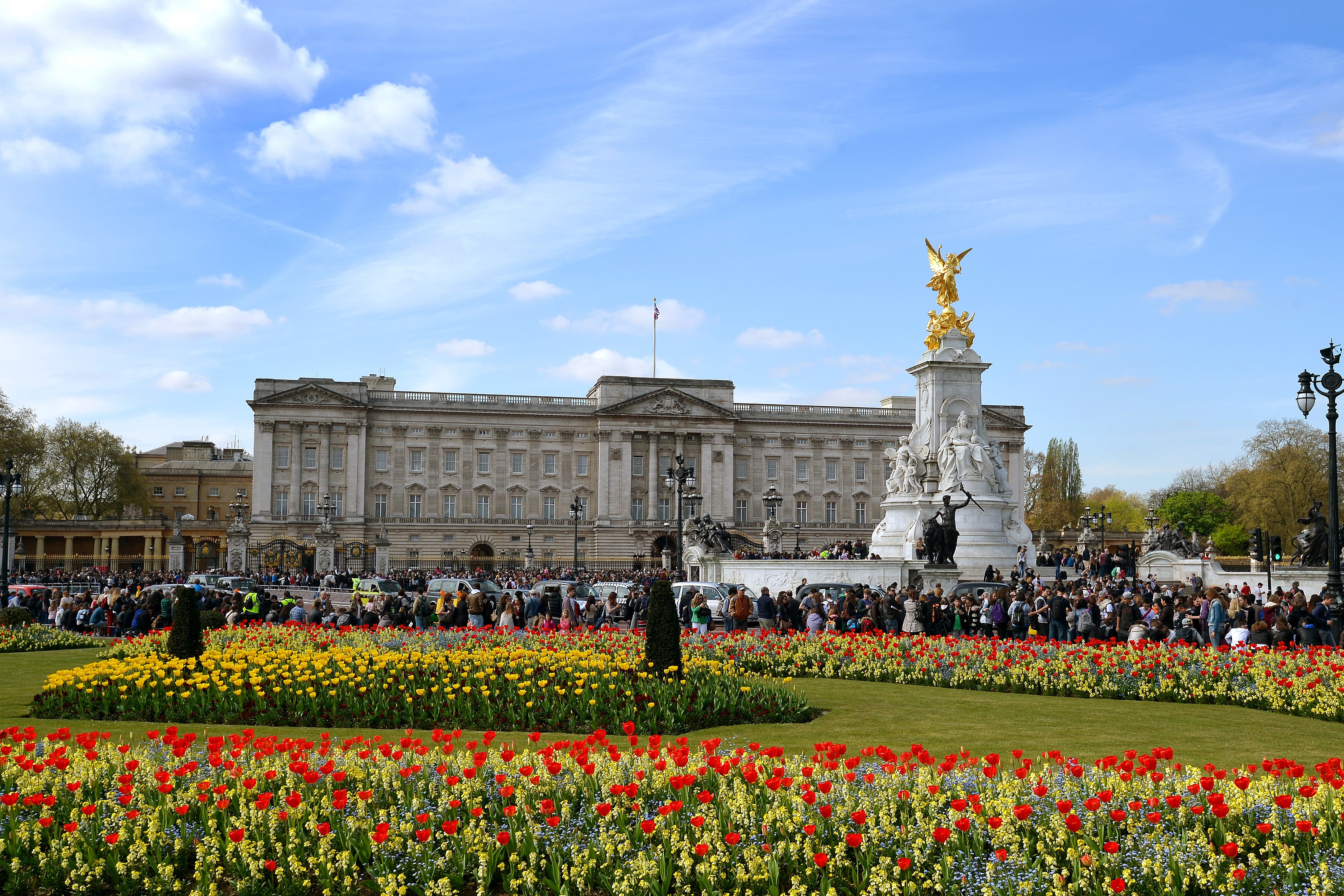Changing the clocks keeps team of heritage experts busy at Buckingham Palace
There are so many timepieces at the palace that the team of heritage experts from the Royal Collection Trust had to start their work on Thursday.

Your support helps us to tell the story
From reproductive rights to climate change to Big Tech, The Independent is on the ground when the story is developing. Whether it's investigating the financials of Elon Musk's pro-Trump PAC or producing our latest documentary, 'The A Word', which shines a light on the American women fighting for reproductive rights, we know how important it is to parse out the facts from the messaging.
At such a critical moment in US history, we need reporters on the ground. Your donation allows us to keep sending journalists to speak to both sides of the story.
The Independent is trusted by Americans across the entire political spectrum. And unlike many other quality news outlets, we choose not to lock Americans out of our reporting and analysis with paywalls. We believe quality journalism should be available to everyone, paid for by those who can afford it.
Your support makes all the difference.Changing the time shown by all the clocks in your home may seem like a chore when British Summer Time (BST) kicks in on Sunday.
But spare a thought for Tjeerd Bakker, who as senior horological conservator at Buckingham Palace is responsible for changing no fewer than 600 of them.
There are so many gilded timepieces at the palace that Mr Bakker and his team of heritage experts from the Royal Collection Trust had to start their work on Thursday.
Daylight saving time will see the clocks go forward by an hour at 1am on Sunday, meaning sunrise and sunset will both come later in the day until October, when the clocks go back.
Russia, Iceland, Georgia, Armenia and Belarus are the only European countries who do not follow the practice.
Critics argue it is an unnecessary disruption to people’s lives.
In January 2012, Conservative MP Jacob Rees-Mogg unsuccessfully attempted to abandon daylight saving time and give Somerset, where his constituency is, its own time zone.
He put down an amendment in the House of Commons proposing a return to the practices of the early 19th century when time was set locally according to the position of the sun.
Greenwich Mean Time (GMT) only became the standardised time across Britain in 1880.